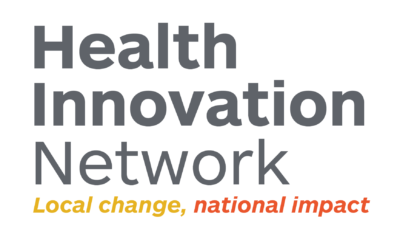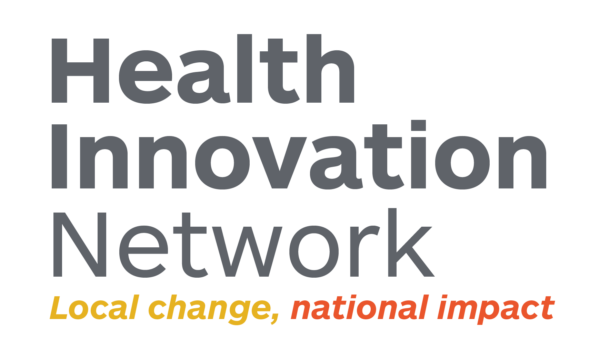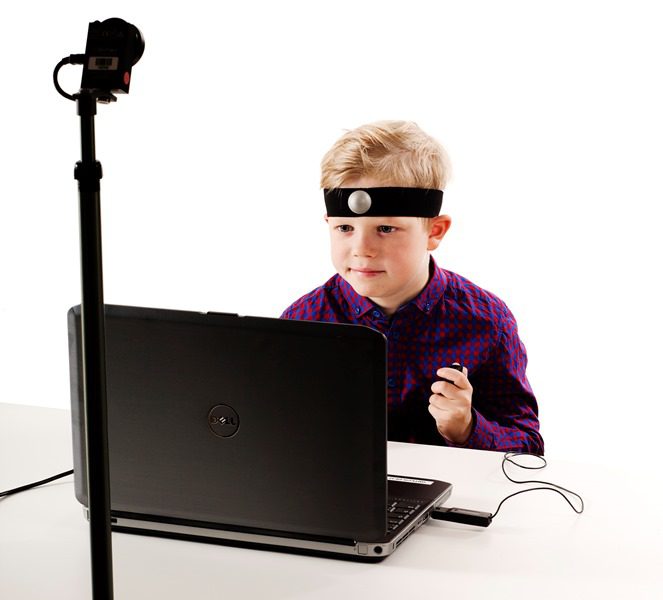Summary
Focus ADHD is a national innovation programme led by EMAHSN that is improving the way in which ADHD is diagnosed in children and young people. It supports implementation of a new pathway that includes QbTest technology alongside clinical assessment to improve diagnosis.
"
Since we’ve had QbTest, I can often draw a diagnostic conclusion on the first appointment. You can actually do the job that you’re here to do and that gives you job satisfaction.
"
Consultant Community Paediatrician
What the project involved
The Focus ADHD National Programme is supporting clinical services to improve their ADHD assessment pathway including the implementation of QbTest.
Used alongside the traditional assessment pathway, the innovation has improved patient experience and, as patients require fewer appointments to be diagnosed (rule in/rule out), it has allowed staff to spend more time with patients and to see more patients.
It is being used in 65 trusts across 131 sites – over half of the NHS providers of ADHD assessments for this age group.
Pioneered in the East Midlands, QbTest is an approved computer-supported objective test which measures attention, motor activity and impulsivity – the core symptoms of ADHD. A typical test takes 15-20 minutes
The results are instantly analysed and presented in a report which compares a patients’ results against a normative dataset based on age and gender.
It is not a standalone test. ADHD practitioners use information from the QbTest report alongside their clinical assessment to inform their decision whether the young person has ADHD or not.
This reduces the number of appointments needed for clinical diagnosis, meaning that clinicians can see more patients. The new pathway can also generate increased clinical confidence and understanding while increasing efficiencies for the service.
There are several research and evaluation studies that demonstrate the benefits of QbTest in aiding diagnosis.
Almost 75,000 people (aged 6-18 years) have received an objective assessment for ADHD since AHSNs began to support QbTest in 2017.
Outcomes
Findings from the Focus ADHD Programme National Evaluation (October 2022)
- Number of clinical appointments saved 11.5% (18.9% saved for Paediatric services and 9.2% saved for CAMHS Services)
- School observations reduced by 17% (22% reductions for CAMHS and a non-significant 1% increase for Paediatrics)
Clinicians
- 92% of clinicians found the results helpful with understanding of their client’s symptoms
- 86% of clinicians felt that it was easy to incorporate into the assessment process
- 84% of clinicians felt QbTest made it easier to explain to a patient why they had ADHD
- 71% of clinicians stated that the QbTest outcomes improved communication with clients.
Patient/parent
- 68% or service users found the experience of the QbTest as helpful
Over 20,000 families benefited from this innovation during 2020-21 at the height of the COVID-19 pandemic.
The national Focus ADHD programme has won 2 HSJ awards and has been shortlisted for its 3rd this year.

- Find out more on the EMAHSN website and on The AHSN Network website
- Read the blogs from members of the steering group
- Watch our FOCUS ADHD films
- Read the FOCUS ADHD one year review summarising the progress made during the first year of the national programme
Next steps
The national programme is entering its final year (2022/23) and aims to implement the new pathway in as many trusts as possible.








